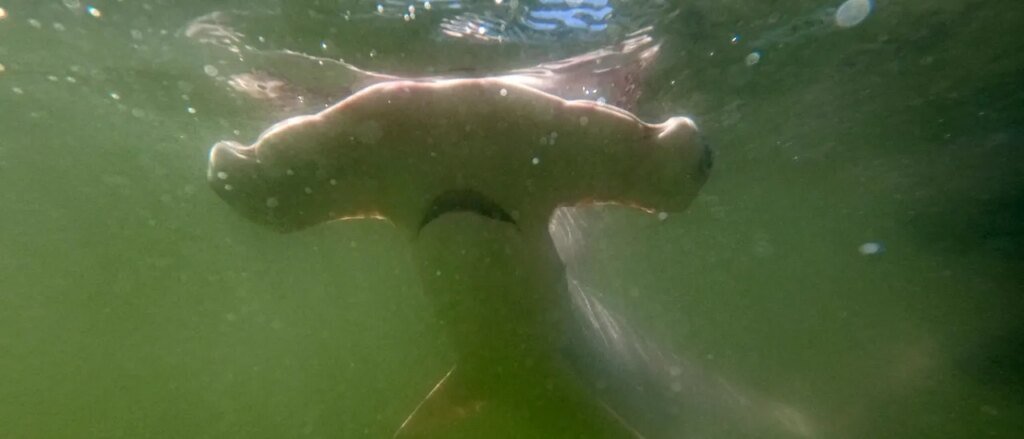Endangered Shark Meat Sold in U.S. Grocery Stores
A recent study from the University of North Carolina has revealed that endangered shark meat is being sold in various grocery stores across the United States, often mislabeled. Researchers bought 29 shark meat products from stores and online in locations like North Carolina, Florida, Georgia, and Washington, D.C. After applying DNA barcoding, they discovered 11 different shark species, but a staggering 93% of the products lacked specific species identification, simply labeled as “shark” or “mako shark.”
Among those 11 species, three are categorized as endangered by the International Union for Conservation of Nature. These include the great hammerhead shark, scalloped hammerhead, and the Tope. Additionally, the shortfin mako shark—a common find in grocery stores—is also on the IUCN’s Endangered List.
Research led by ecologist Savannah Ryburn and John Bruno acknowledged that shark meat is often mislabeled across the country, raising ethical concerns about its availability in stores.
Currently, the U.S. Food and Drug Administration (FDA) only mandates that sellers label shark meat as “shark,” without the need to specify the species. This lack of stringent labeling standards is alarming.
The research project involved students, teaching assistants, and faculty from the Fisheries Forensics class, guided by Emeritus Professor Kai Omega. This class provides opportunities for students to analyze food samples, highlighting the widespread issue of seafood mislabeling.
According to the IUCN, around 14% of the approximately 550 existing shark species are endangered, and 11% face vulnerable statuses. Sharks are primarily hunted for their fins, often to make shark fin soup—a delicacy, despite the fact that shark meat, typically high in urea, tends to be unpalatable.







